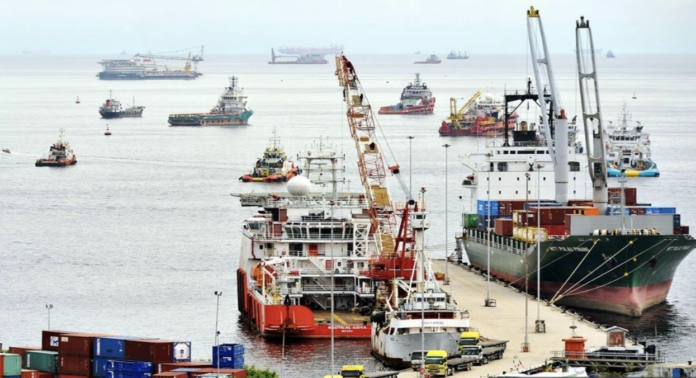KUALA LUMPUR, July 28 – Malaysia’s new national shipping policy must not only encourage the development of a robust domestic fleet to reduce dependency on foreign vessels but also provide more funding to modernise and accelerate the transition to green shipping.
Industry players said, among other things, the policy should prepare Malaysian shippers to navigate the shifting dynamics of global trade and a volatile environment due to unforeseen circumstances, such as regional conflicts.
They also hope that the new policy, which is expected to be presented to the cabinet by year-end, will focus on increasing Malaysian tonnage and reducing reliance on foreign vessels.
On July 4, Transport Minister Anthony Loke announced that a national shipping policy would be introduced to guide the local shipping sector in exports and imports and create new job opportunities.
This was a timely announcement, as the Malaysian Shipping Masterplan (MSMP) 2017-2022 was launched five years ago and is due for a review as the industry is still falling short of its targets.
Given its strategic location in the busy Straits of Malacca and part of the South China Sea waterways, Malaysia has long aspired to become a major maritime hub in Southeast Asia.
However, it relies heavily on foreign tonnage, leading to a transport services deficit of RM7.80 billion in the first quarter of 2024.
Against such a backdrop, the Malaysia Shipping Association chairman Ooi Lean Hin emphasised that the nation must strategise and boost domestic shipping in the revised policy, which, he said, is the proper thing to do as Malaysia relies heavily on foreign vessels for maritime trade.
He cited the Red Sea crisis — where Yemen’s Houthis attacked mainly Israeli-linked vessels — as a good example of how escalating geopolitical tensions affect Malaysian shipping, as it led to a surge in shipping demand and prices.
















